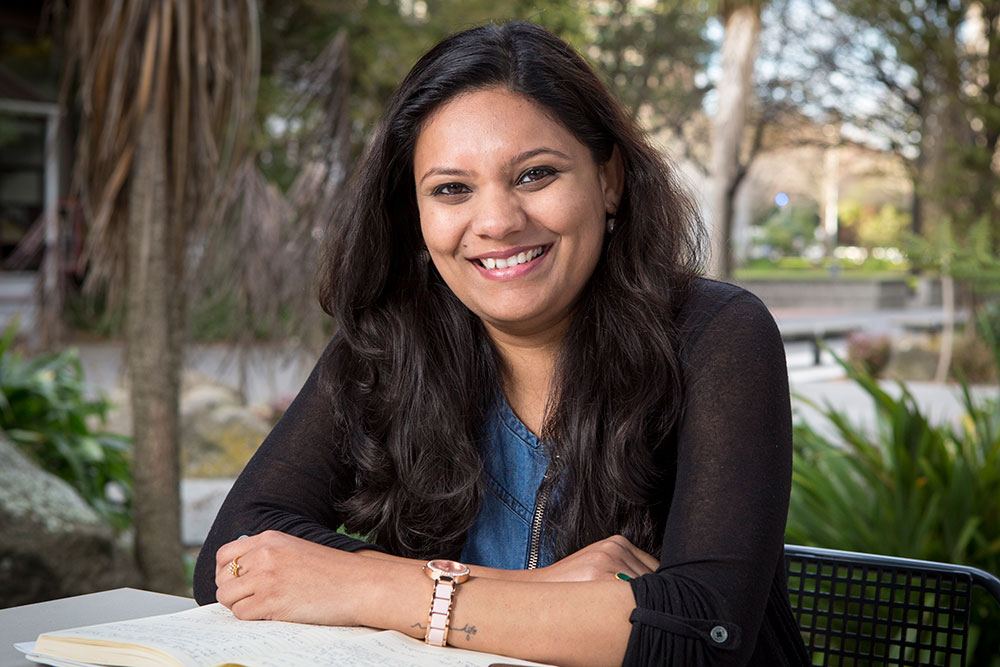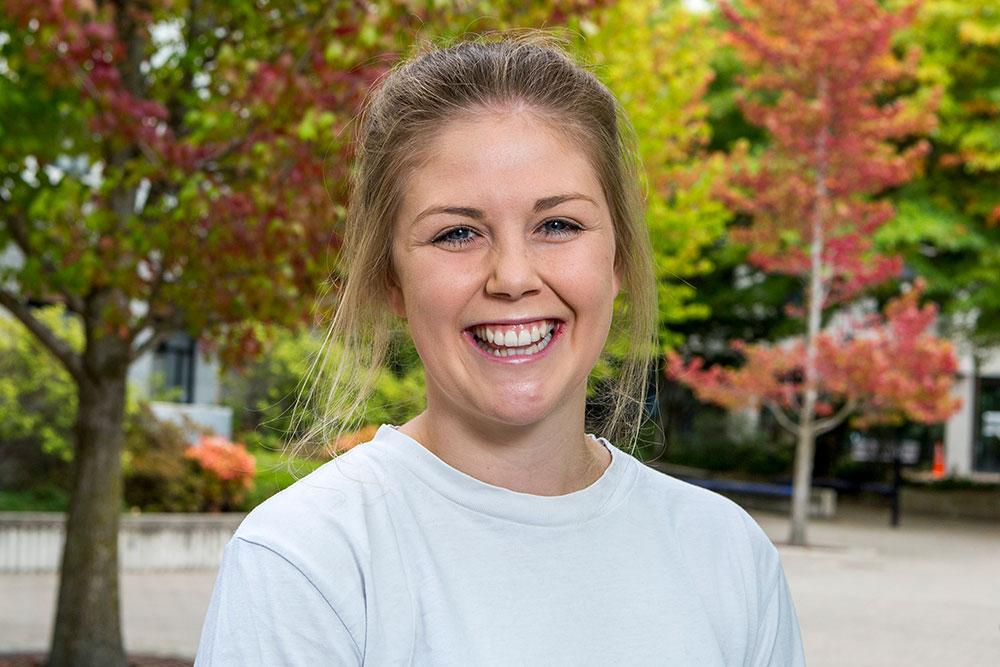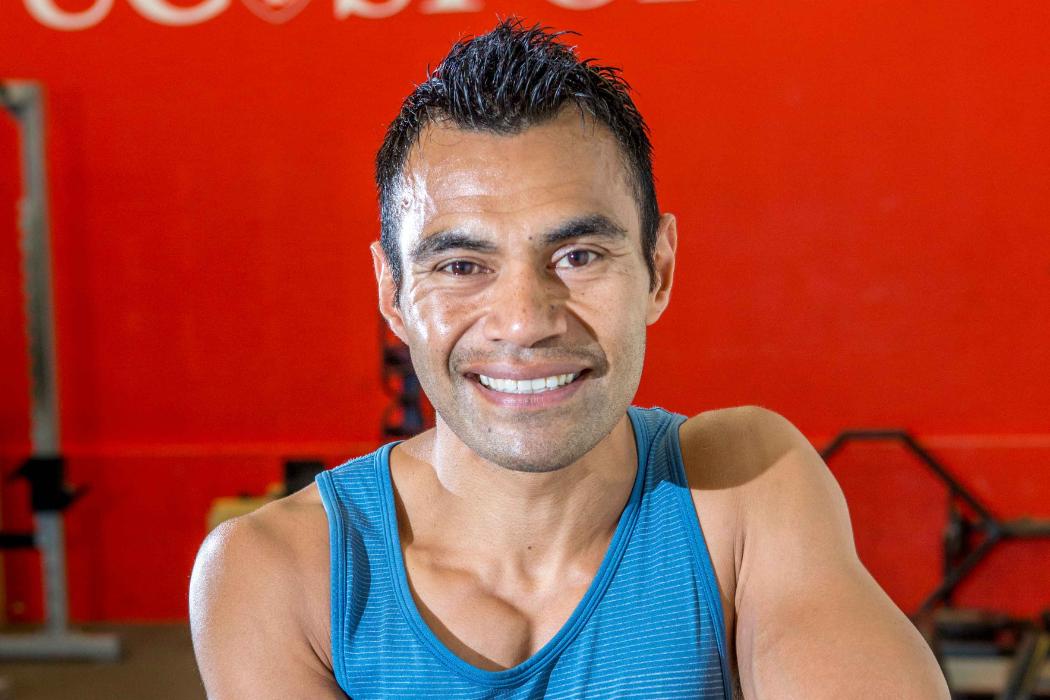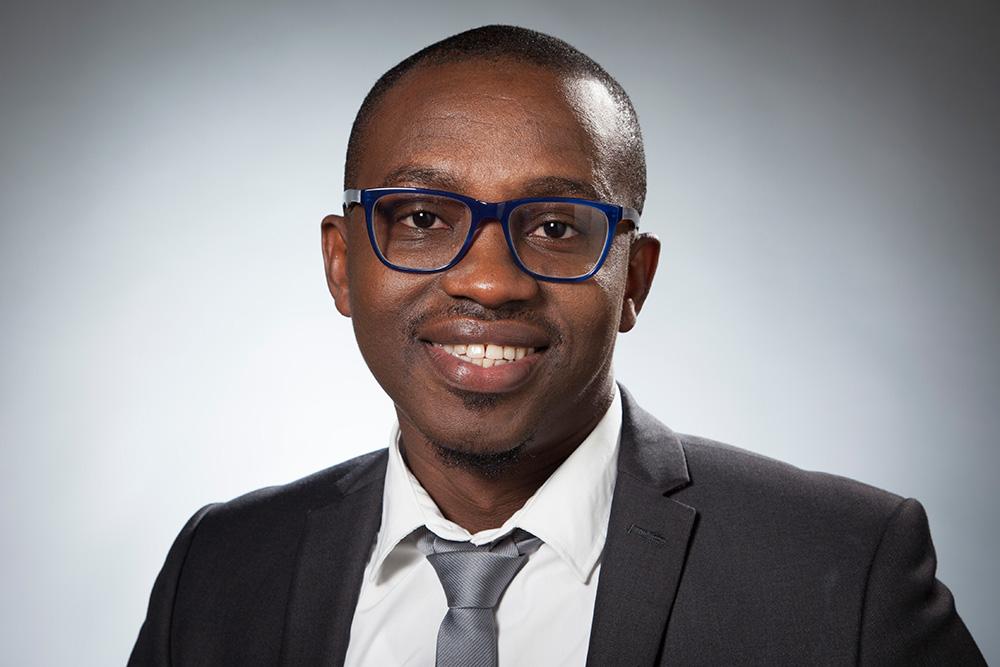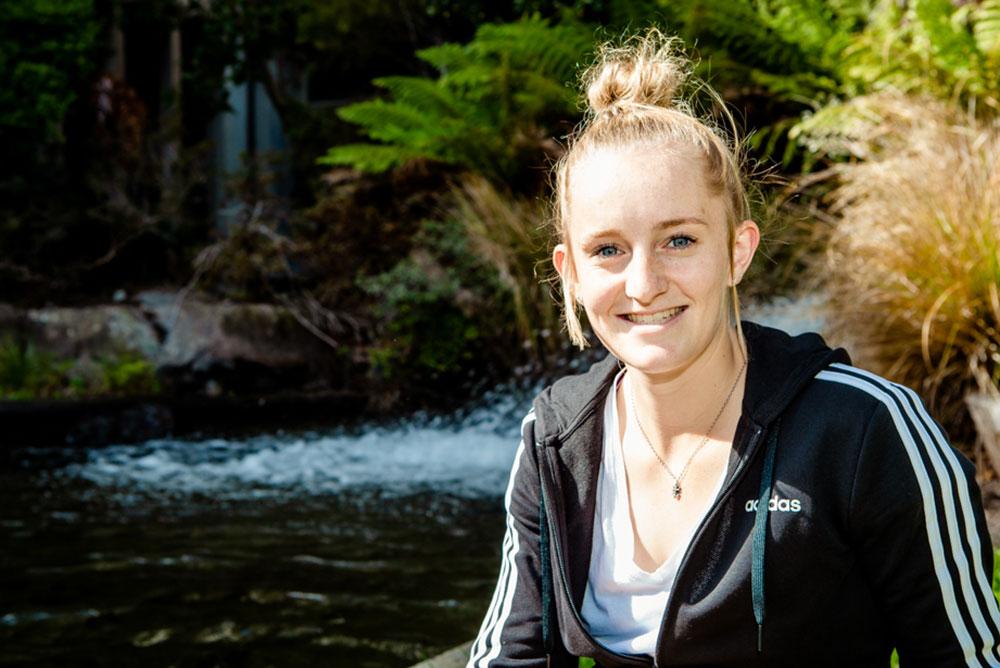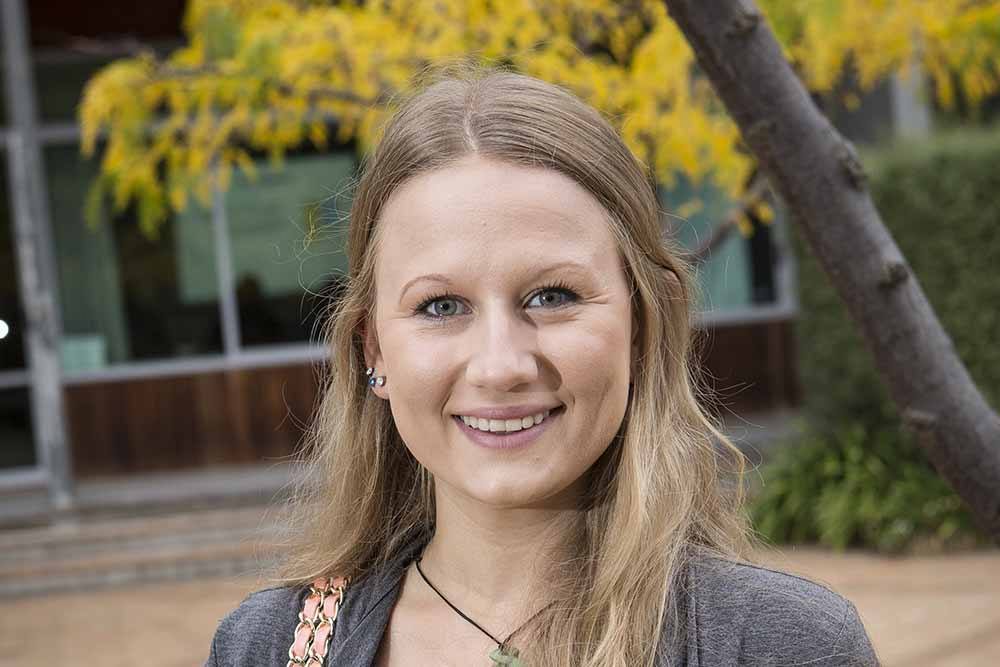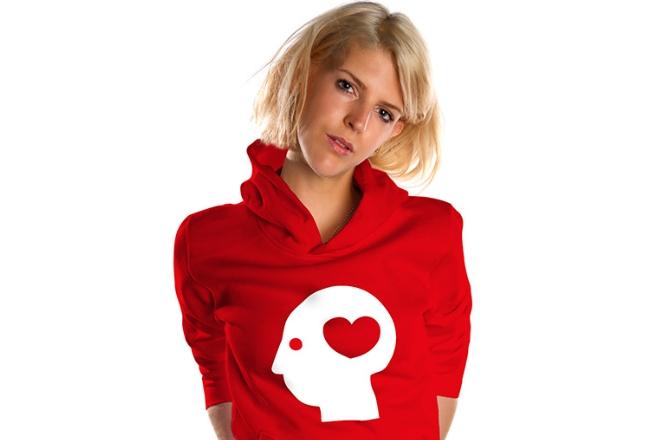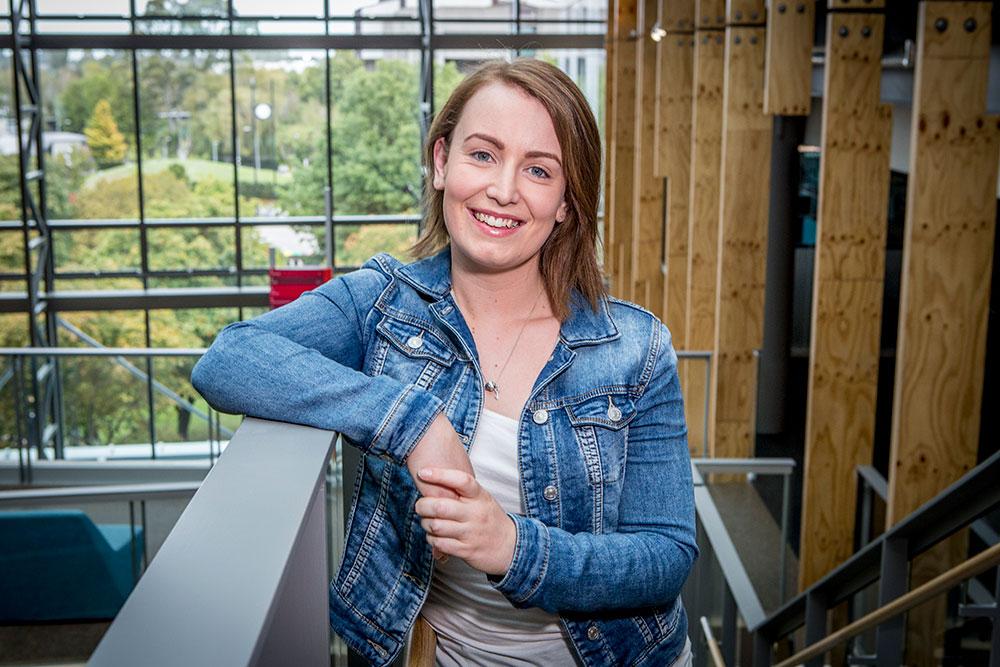Graduates with this degree are employed in a range of jobs — see some examples below.
Note: Some of the jobs listed may require postgraduate study. See the ‘Further study’ section.
Health promoter
- Identifies health concerns and needs for a range of groups eg, healthy lifestyles
- Develops strategies to motivate and help people manage their health
- Assists government and organisations to improve unhealthy conditions
Community development / support worker
- Recognises problems and concerns within communities eg, mental health
- Raises awareness of local issues
- Develops programmes to address issues
Health protection officer
- Investigates public health concerns
- Provides advice and information to health officials and the public
- Assists with the maintenance of a sustainable and healthy environment
Programme coordinator / facilitator
- Conducts research and plans programmes
- Assists in the implementation of programmes
- Evaluates programmes and developments
Policy analyst / advisor
- Identifies and investigates issues and opportunities eg, in public health
- Interprets existing policies and advises leaders
- Prepares reports and recommendations for policy development
Environmental health officer
- Evaluates the effects of environmental hazards on a population’s health eg, pollution
- Grants licences, writes reports and ensures compliance with regulations
- Raises awareness about health matters
Child and family psychologist
- Works with the complexities of children, adolescents, families, school systems, mental health systems and welfare systems
- Provides assessment and interventions
Operations coordinator, service manager
- Coordinates staff resources eg, rosters and holiday cover for health personnel
- Handles queries and liaises with stakeholders
- Administration tasks in a clinical or service environment
Social / youth / case worker
- Provides support and guidance to young people, individuals and whānau
- Builds relationships and links people to resources, services, groups and events
- Writes reports and coordinates budgets
Entrepreneur and CEO
- Develops an idea to form their own business
- Offers freelance or consultancy services
Get started with Entrepreneurship here


